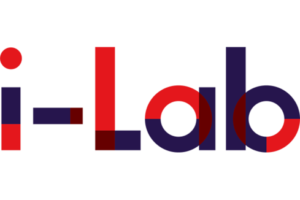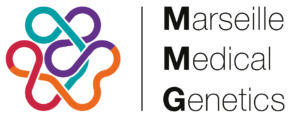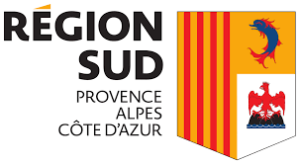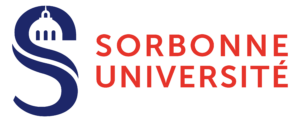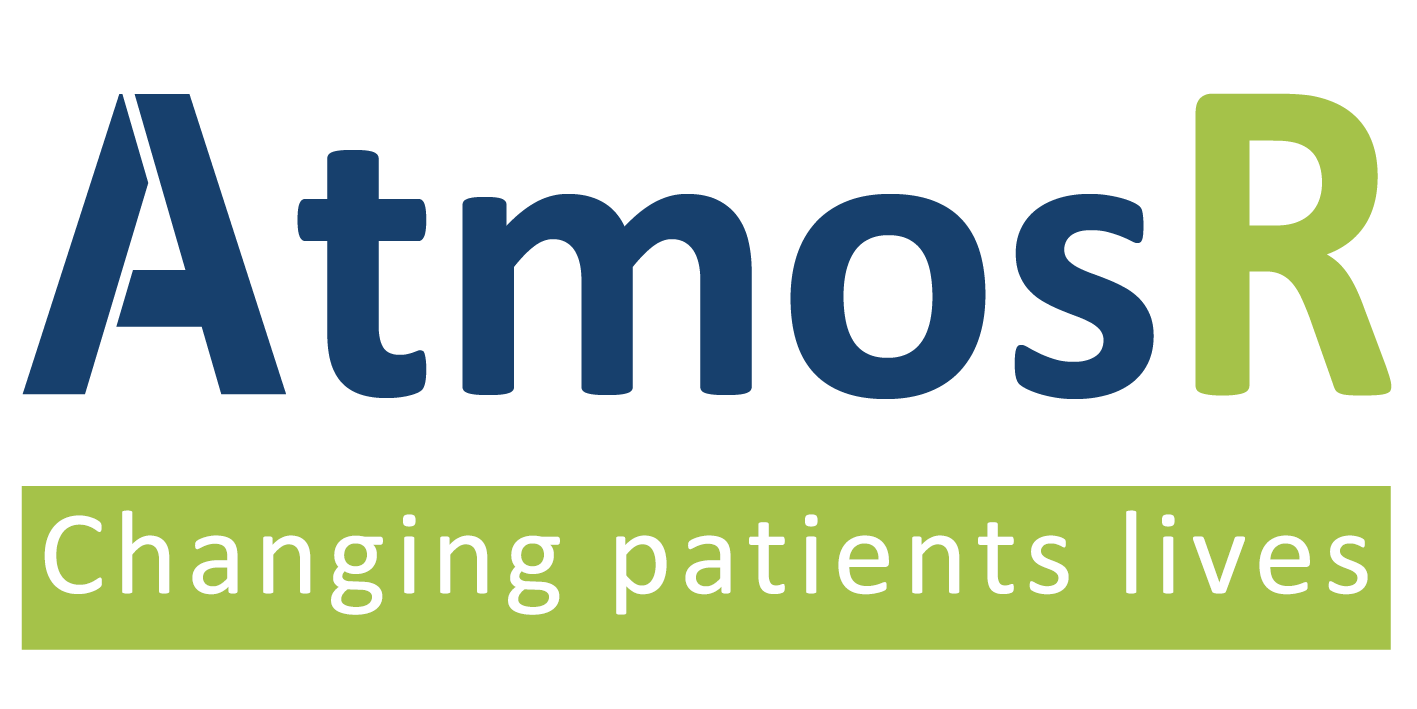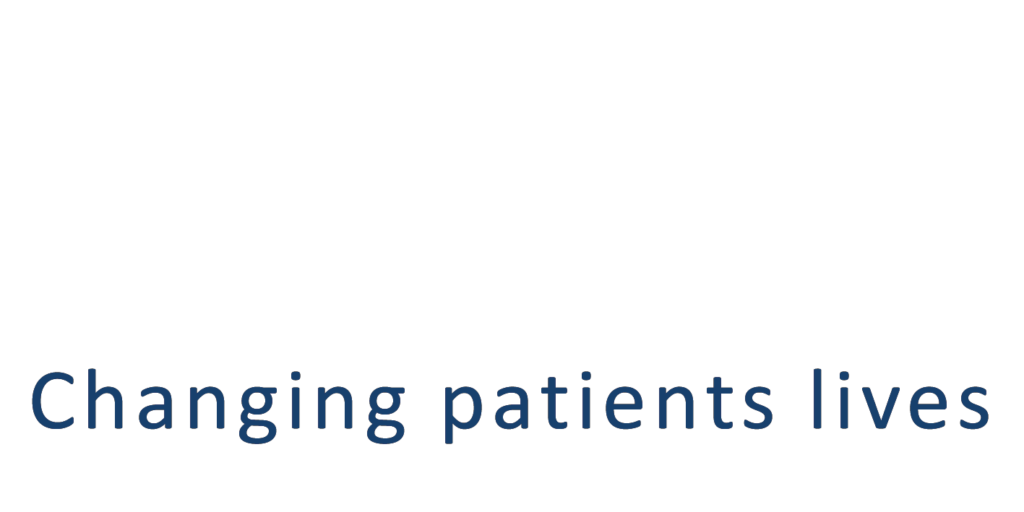AtmosR
Changing patients lives
OUR MISSION
AtmosR develops innovative treatments for patients suffering from severe neurological disorders with high unmet medical needs.
Originally created by patient families, AtmosR works daily in close proximity with the best world experts from academia and private laboratories, in order to best meet patient communities needs.
OUR PORTFOLIO
CCHS
(Congenital Central Hypoventilation Syndrome) also called the Ondine syndrome
is a rare neurodevelopmental genetic disorder of the autonomous nervous system, which main symptom presents right after birth with a lack of breathing at night and sometimes during the day. Patients are supported by vital mechanical ventilation and are constantly monitored by a third party as they do not experience the sensation of dyspnea (shortness of breath).
Kennedy’s disease
is a neurodegenerative genetic disorder which usually appears between age 35 and 40, and which causes progressive weakening and wasting of the muscles, particularly in the arms and legs. Other major symptoms include severe cramps and problems with speech and swallowing. Men present severe symptoms while women are lightly affected.
Huntington’s disease
is a neurodegenerative genetic disorder where the death of striatal neurons leads to uncontrolled movements (chorea), behavioral symptoms and loss of thinking ability. Symptoms usually appear around age 40-50 and as the disease progresses, affected individuals may have trouble walking, speaking, swallowing and a decline in thinking and reasoning abilities. Patients live expectancy is about 15 to 20 years after disease onset.
DISCOVERY
IN VITRO MODELS
IN VIVO MODELS
REGULATORY PRECLINICAL / CMC
CLINIC
CCHS
KENNEDY
HUNTINGTON
CCHS
KENNEDY
HUNTINGTON
OUR TECHNOLOGY
AtmosR PATENTED TECHNOLOGY consists of small molecule HSP90 inhibitors specially designed to treat brain disorders presenting with protein aggregation.
This aggregation prevents proteins from functioning properly and is partly responsible for the appearance of symptoms and the deterioration of patient’s health. Our molecules have the ability to pass the blood brain barrier and access diseased neurons. By binding to HSP90, they prevent its interaction with protein aggregates, which triggers their degradation by the proteasome, therefore alleviating the aggregation burden, reducing neuronal toxicity and restoring proper neuronal activity.
OUR TEAM
EXECUTIVE TEAM
Our team is made up of multidisciplinary profiles covering all aspects of drug development in the field of rare diseases.

Xenia Proton de la Chapelle, CEO
Xenia has 25 years of experience in business and company management in various business sectors.After graduating from ESCP Europe (Paris Business School), Xenia held management positions in several large international companies (Ernst & Young, Elis, Generali) before creating her own company in the textile industry. After the birth of her 4th child affected by a rare disease called CCHS, Xenia took over the presidency of the French CCHS Family Organization in 2017 before founding AtmosR. Xenia is also member of the Strategic Advisory Board of the MarMaRa Institute (Marseille Institute for Rare Diseases).
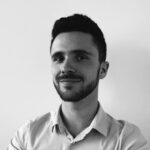
Nathan Beckouche
Nathan has been working in drug research and development for over 15 years. With a PhD in biology from Pierre et Marie Curie University UPMC, Paris, Nathan worked for 7 years in translational research at UPMC and then at the University of California San Francisco, before joining Alexion Pharmaceuticals as preclinical project manager in the field of rare diseases. In 2018, Nathan joined the French CCHS patient organization as a healthcare consultant, before co-founding AtmosR and taking the lead of all scientific programs as CSO.
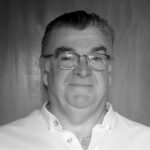
Philippe Maillos
Philippe has a PhD in chemistry from the Paris University. He has been working for more than 30 years in various pharma companies such as Servier, Pierre Fabre Group, Merck Kga at different positions including pharmaceutical development Director, chemical R&D Director.

Lucas Leonardi
SCIENTIFIC BOARD
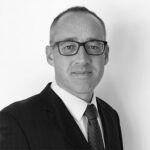
Nicolas Pineau
Nicolas has worked for more than 20 years in the development of drugs, in particular on aspects related to valuation and Regulatory Affairs, in the specific field of orphan diseases. He holds a PhD in Cellular Biology and Pharmacology (Poitiers, France) and Executive MBA (University of Sherbrooke, Canada). Nicolas began his career as regional manager then marketing manager at Genzyme, a subsidiary of Sanofi specializing in rare diseases. He then joined the French Rare Diseases Foundation at the time of its creation as Head of promotion of academic research projects, before co-founding the start-up OP2 Drugs specializing in cardiology.
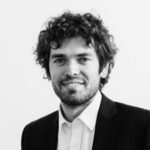
Luc Berger
Luc has supported Healtech companies for more than 15 years in all their product development, market access and general business strategy issues. With a double degree from the Ecole Centrale de Lyon and the Lyon School of Management, he is a partner in the Alcimed firm in charge of the Health Business Unit.

Jean-Philippe Annereau
Jean-Philippe has worked for more than 25 years in drug development, in oncology and then in the field of rare diseases. Jean-Philippe holds a PhD in biochemistry (Polytechnique School, Paris). He started his career as Head of the preclinical oncology research department at Pierre Fabre, before creating the French subsidiary of the rare diseases research laboratory of Alexion Pharmaceuticals within the Imagine Institute, which he directed during 5 years. In 2019, he founded the start-up Medetia specializing in ciliopathies.
LABORATORY IN PARIS
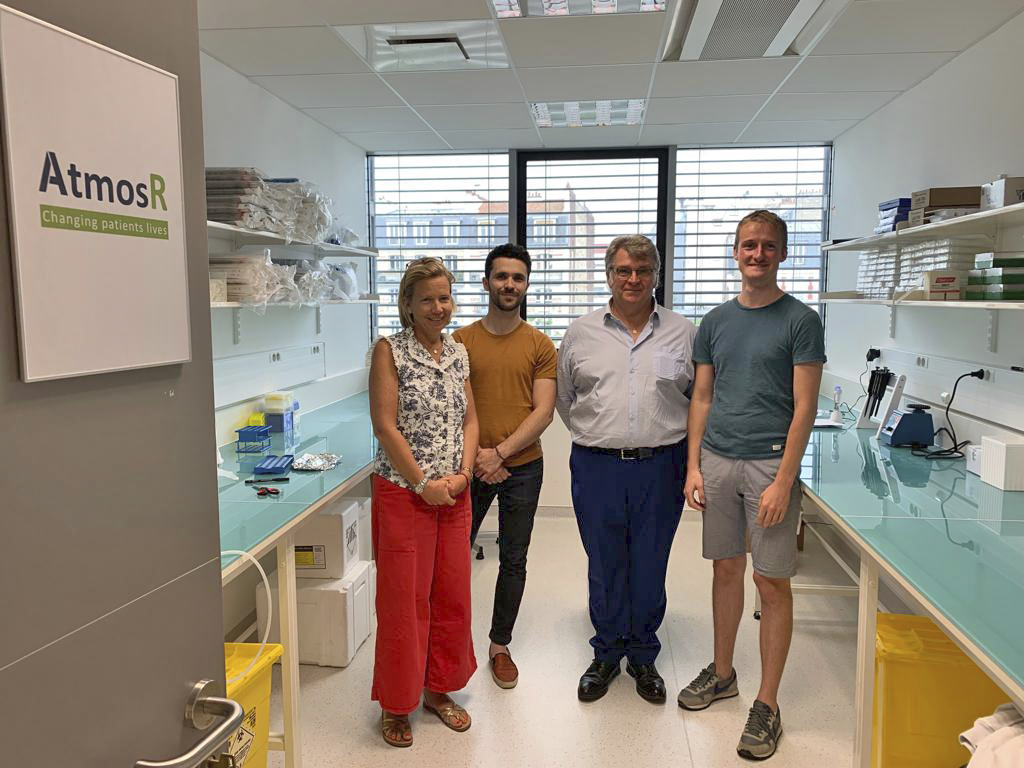
PATIENT CENTRICITY IS PART OF OUR DNA
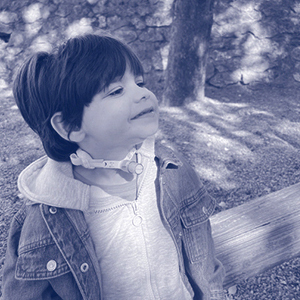
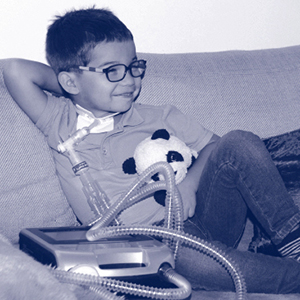
CONTACT
CONTACT
OUR PARTNERS



